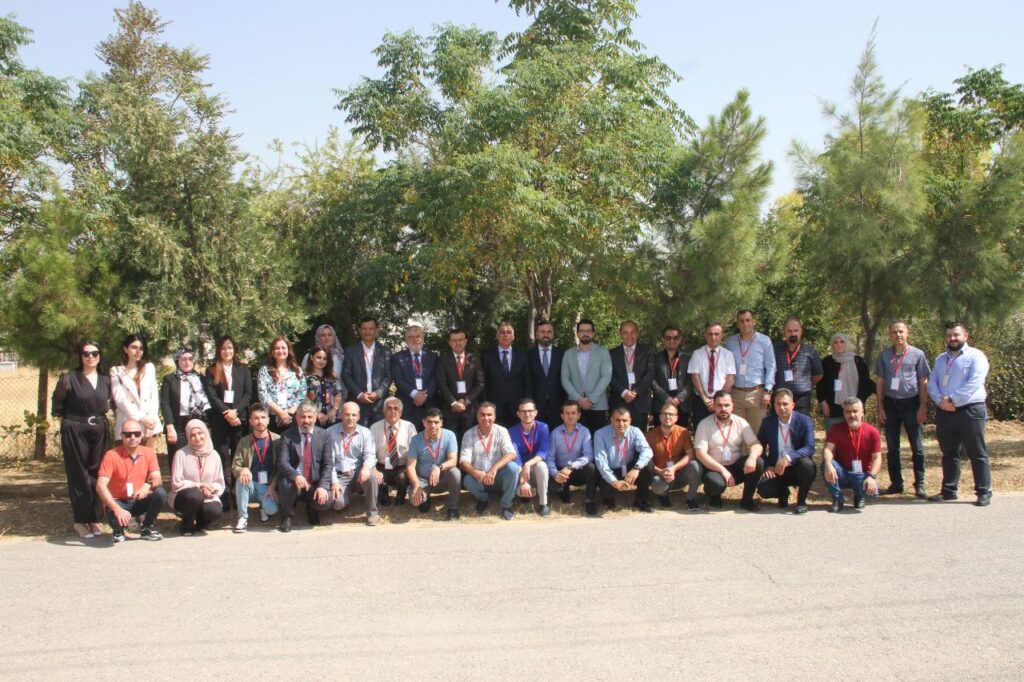

Three participants from the University of Halabja took part in a two-day training course held at the University of Salahaddin Research Center between 24th and 25th of July, 2023.
The training course was in the framework of the APPRAIS Project and was on the use of a software that has been developed by Awrosoft, a local Kurdish Erbil-based provider for custom software development and IT consulting services.
The software is developed for the 8 Kurdish partner universities of the project and has been in development for the past 8 months providing the partners with several versions of improvement with the help of the feedback received from them.
The participants from the University of Halabja included Mr. Aram Muhammed Amin Qadir, Director in Quality Assurance, Mr. Rasti Ayub Hama Saeed, Supervisor of International Academic Relations, and Mr. Muhammed Saadadin Hadi for Quality Assurance.
The first day of the training was mainly theoretical in nature followed by some hands-on practical sessions on the second day so that trainees get a picture of how the system works.
In general, the training aimed at giving some guidance and an overview to the different user roles that exist within the software as well as their respective tasks.
There are several types of users including university and college admin which had the controls over university and course configuration, HR configuration, employee, student and access management.
This type of user has the privileges of adding countries, colleges, departments, courses, and academic years as well as managing employees and students in forms of manual addition and bulk importing functionalities.
College admins have access to student services, including category constant creation, form design and creation, information file upload, and access to form details filled out by students. Additionally, they manage feedback forms and gather student opinions.
Reviewers has access to research in quality assurance, with a focus on creating custom questions for the confirmation form and having the authority to accept or reject the research process. They also ensure quality assurance for research projects submitted within the system.
Overall, the training proved to be essential in providing and overview of how the system functions, what includes, who access what, and what is required to be added.
The practical sessions further enriched the usability of the software and with extra questions and answers between the trainees and the trainers, the occasion was an opportunity for more improvement in the system.
Currently the system has only one dimension of quality assurance in higher education which is student feedback, but hopefully the other two dimensions of teacher portfolio and CAD (Continuous Academic Development) will be added soon.